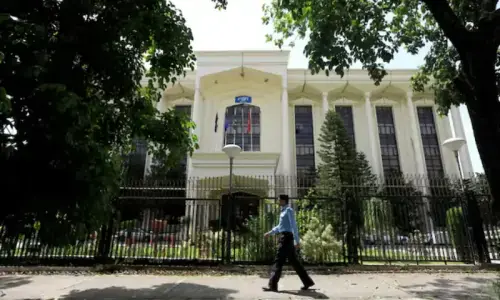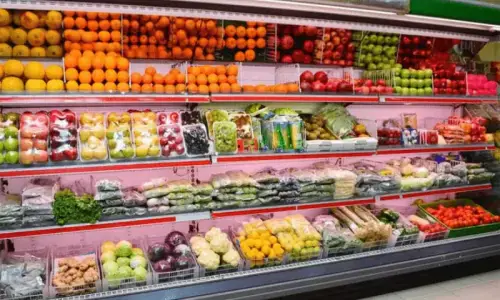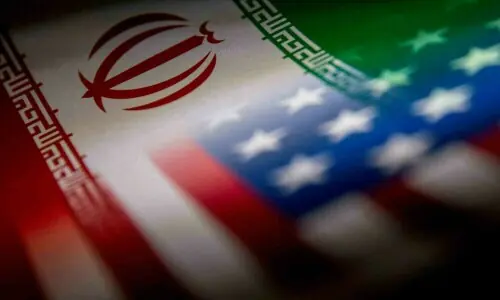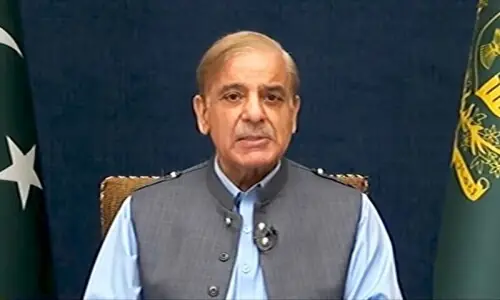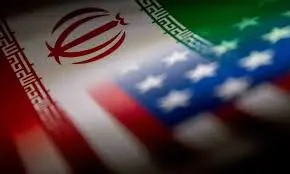ISLAMABAD, Dec 19: The export of traditional products soared by 36 per cent in the first five months of the current fiscal year over the last year on the back of steep depreciation of Pak rupee, suggested data of federal bureau of statistics issued on Friday.
In absolute term, the export proceeds of the traditional products reached $3.892 billion in July-Nov period against $2.86 billion last year owing to substantial increase in rice, meat and other traditional products.
The upward trend in the export of non-textile products has been witnessed since July 2008 indicating a natural diversification of the export base, which was highly concentrated in few textile-based products.
The data released here revealed that the textile and clothing exports dipped by 2.23 pc to $4.377 billion as against $4.477 billion in the same months last year despite more than 30 per cent depreciation of rupee, which should have made Pakistan’s products more competitive.
It is also clear from the fact that the import of textile machinery also dropped by over 31.67 per cent during the period under review over last year showing that textile leaders were not making any investment to improve the competitiveness of their products._
Details of the traditional products showed that export of food group inched up by 78.54 per cent. Of these export of rice went up by 130.64 per cent during July-Nov 2008-09. In the rice group the export of basmati was up by 84 per cent, and others 221.26 per cent.
The dip in the production of rice resulted in pushing up the price of the commodity in international market, which benefited Pakistani exporters in attracting higher price for their product. This year the rice production witnessed growth, which yielded good foreign exchange for the country.
The export of fish products was up by 16.18 per cent, fruit 1.15 per cent, sugar 100 per cent, meat 44.21 per cent, spices 15.78 per cent, wheat 100 per cent and other food items 5.39 per cent during the period under review over the last year.
Export of petroleum products increased by 1.27 per cent, sports goods 10.70 per cent, footwear 15.07 per cent, surgical instruments 5.68 per cent, engineering goods 58 per cent, cement 92.91 per cent, molasses 494 per cent, gur 7.34 per cent during July-Nov 2008 over the same months last year.
On the other hand, the product-wise details showed that export of readymade garments declined by 13.54 per cent, cotton yarn 17.72 per cent, cotton carded 17.04 per cent, bedwear 10.70 per cent, other textile material 13.58 per cent.
However, export of raw cotton was up by 181.22 per cent, towels 24.58 per cent, knitwear 1.71 per cent, cotton cloth 8.39 per cent, art, silk 16.15 per cent and made-up articles 4.26 per cent.
The trend in export proceeds showed that even the decline in the export of textile products was much more as it reached 7.21 per cent in November over the last year. While the non-textile products recorded a growth of 8.33 per cent during the month under review.
Analysts said this showed a natural diversification of the export base, as share of textile and clothing in total exports declined during the current fiscal year, while the share of non-textile products was on the rise.

